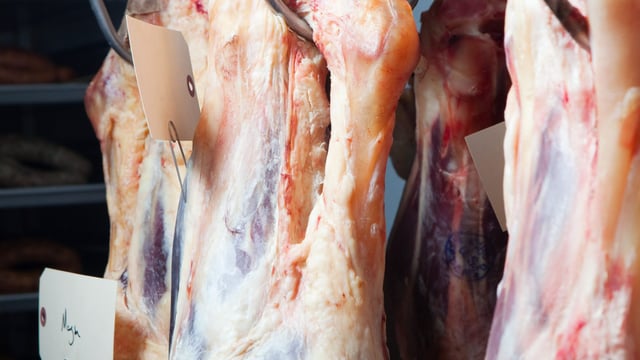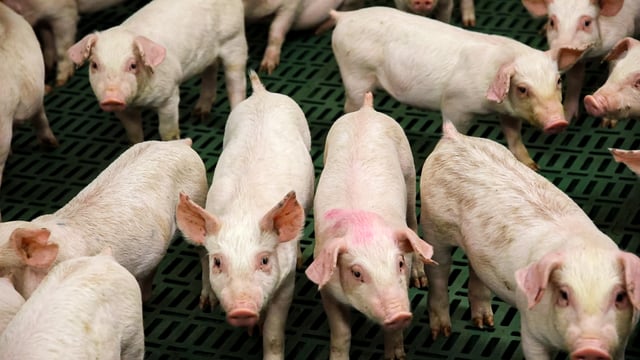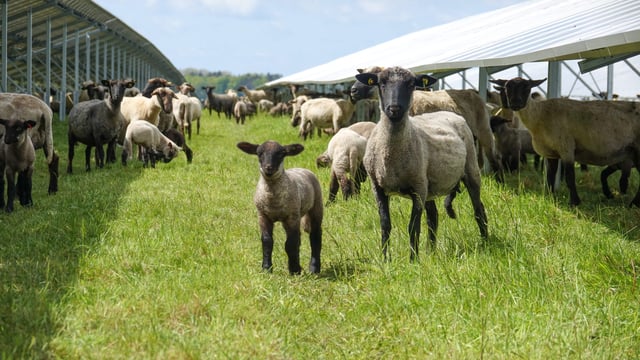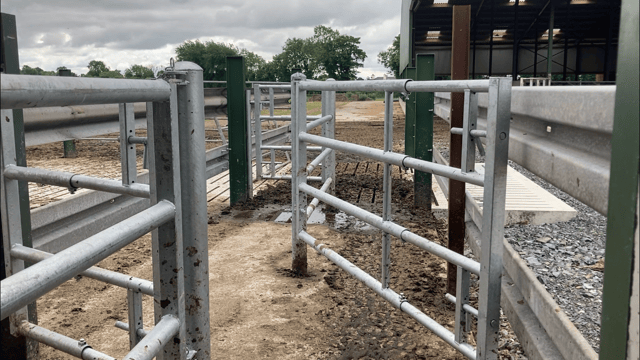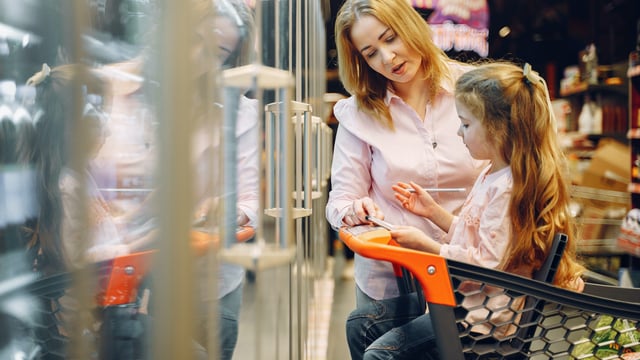Price key for Irish food shoppers despite sustainability 'aspirations' - study
While sustainability is an aspiration for consumers, the results of a new survey show that for 67% of respondents, price is the most important factor to them when choosing food items.
A fresh wave of priorities is reshaping the trajectory of the Irish food industry, according to PwC’s 2025 Irish Voice of the Consumer study.
The research, which gathered insights from 1,000 Irish and over 21,000 consumers across 28 countries and territories, reveals that consumers want to purchase food that aligns with their attitudes towards health, convenience and sustainability.
However, escalating food prices and cost of living challenges are constraining their ability to fulfil these aspirations.
71% of Irish consumers said that they are either ‘extremely’ or ‘very’ concerned about the cost of their food, higher than global counterparts (60%).
Around two-thirds reported that price is the most important factor to them when choosing food items, also higher than global counterparts (57%).
The survey has revealed that over half (58%) of Irish consumers said that if they were presented with a choice, they would buy the food product produced outside of the country at a cheaper price rather than the same product produced in Ireland at a higher price.
Sustainability
While eco-consciousness remains a significant aspiration among consumers, concerns over climate change do not always translate into sustainable purchasing behaviours, the survey found.
More than three-quarters (77%) of Irish respondents express concern about climate change - but only 37% are willing to pay more for food that supports the environment, such as improving soil quality and enhancing biodiversity.
Less than one in ten of Irish respondents stated that they always seek out information on food brands’ climate or sustainability efforts.
Over two-thirds (68%) of Irish consumers said they are committed to reducing their personal food waste in support of climate change.
Over a third (38%) reported that they buy locally-produced food.
According to the survey, the sustainable practices most important when buying food products are: the product is free of pesticides; the product is made locally; and that the product uses minimal packaging.
Challenges
Food businesses are currently navigating ongoing supply chain disruptions and volatile commodity prices, which are squeezing margins, along with trade uncertainties and tariffs, which are adding to already strained supply chains, PwC said.
Other major challenges included climate-related impacts, such as rising temperature and shifting rainfall patterns which are affecting crop yields and quality.
"These challenges are particularly acute in price-sensitive markets, where consumers are already feeling the impact of inflation over recent years," PwC said.
"Yet, amid these headwinds, consumer behaviour remains a powerful force. It’s driving megatrends that are reshaping industries — and opening the door to innovation for businesses ready to adapt."
Fragile consumer sentiment
John O’Loughlin, partner, PwC Ireland retail and consumer practice, said that consumer sentiment remains fragile.
"The survey highlights that many Irish consumers, although wanting to eat healthily and support sustainability, are concerned about the cost of living and their ability to pay," O'Loughlin said.
"At the same time, consumers are getting more savvy and are looking to stretch their budget via promotional items, discount stores and switching brands.
“In an era where AI, climate change and shifting geopolitics are redefining how we live and work, consumers are demanding food that aligns with their aspirations for health, convenience and sustainability.
"Our survey provides compelling evidence necessitating even more innovation from companies within the food sector so that consumers can satisfy their preferences.
"For suppliers and retailers, the questions is how to manage rising costs across the value chain without compromising on quality or product access."


